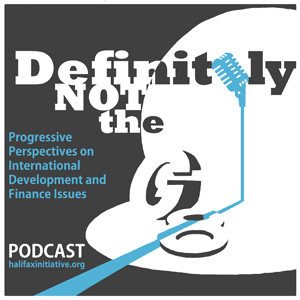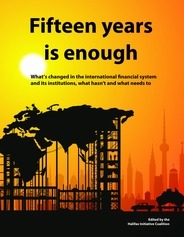ECA and IFI -funded projects
This page links to information concerning a number of projects on which we have worked, in solidarity with local communities. In some cases, the projects rely on World Bank funding. In others they involve Canadian companies that may be seeking, or have secured, financial support from Export Development Canada (EDC). Sometimes they involve both. Regardless of the source of funding, in all cases, communities have contacted us because they are concerned about the significant adverse environmental, social and human rights impacts of the projects.

